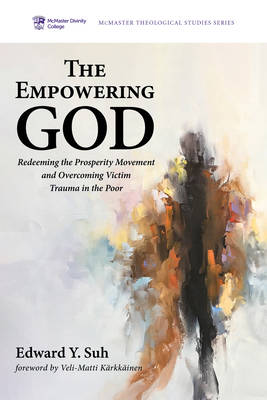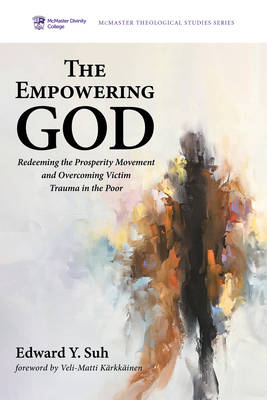
- Afhalen na 1 uur in een winkel met voorraad
- Gratis thuislevering in België vanaf € 30
- Ruim aanbod met 7 miljoen producten
- Afhalen na 1 uur in een winkel met voorraad
- Gratis thuislevering in België vanaf € 30
- Ruim aanbod met 7 miljoen producten
Zoeken
€ 41,95
+ 83 punten
Uitvoering
Omschrijving
The Prosperity movement has been rightly challenged on biblical, theological, and pastoral grounds and has been found to be lacking. Yet, the movement continues to grow in popularity around the world, particularly amongst the poor. What deeper factors might account for this continued sociological appeal? In this unique study, the author draws on biblical and theological sources as well as research on human flourishing from psychological, sociological, economic, and anthropological perspectives to evaluate possible reasons for this phenomenon. Consequently, he finds that one unexplored reason for the lasting resonance of the Prosperity movement is its unexpected effectiveness in leading practitioners to overcome the trauma of victimization and disempowerment. This undercurrent of empowerment suggests that there are ways Prosperity theology can mature to preserve this dynamic whilst shedding its more questionable practices--thus potentially giving rise to an Evangelical expression of this movement centered around the themes of shalom and human flourishing. Thus, the constructive aspect of this book proposes an Evangelical theology of empowerment and abundance formed around a robust image of the Empowering God that accounts for abundance and lack, health and disability, and the normal ebbs and flows of life and death.
Specificaties
Betrokkenen
- Auteur(s):
- Uitgeverij:
Inhoud
- Aantal bladzijden:
- 212
- Taal:
- Engels
- Reeks:
- Reeksnummer:
- nr. 8
Eigenschappen
- Productcode (EAN):
- 9781725277038
- Verschijningsdatum:
- 20/05/2021
- Uitvoering:
- Paperback
- Formaat:
- Trade paperback (VS)
- Afmetingen:
- 152 mm x 229 mm
- Gewicht:
- 290 g

Alleen bij Standaard Boekhandel
+ 83 punten op je klantenkaart van Standaard Boekhandel
Beoordelingen
We publiceren alleen reviews die voldoen aan de voorwaarden voor reviews. Bekijk onze voorwaarden voor reviews.











